Regarding this issue, VNA reporters conducted a series of interviews with leaders of ministries, managers, policy makers and experts to clarify the orientation, opportunities and solutions to turn integration commitments into practical benefits for businesses and the economy .
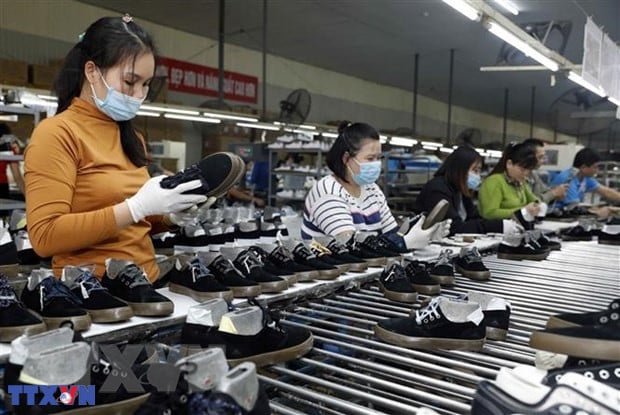
* Ms. Pham Quynh Mai, Deputy Director of Multilateral Trade Policy Department ( Ministry of Industry and Trade ): Perfecting institutions to promote benefits
The signing and synchronous implementation of a series of solutions and projects to improve the effectiveness of the implementation of the Comprehensive and Progressive Agreement for Trans-Pacific Partnership (CPTPP), the Vietnam-EU Free Trade Agreement (EVFTA), the European Union-Vietnam Free Trade Agreement (UKVFTA) and the Regional Comprehensive Economic Partnership (RCEP) have brought about positive results in improving institutions and promoting economic growth. Thereby, contributing to the realization of the growth target for 2025 and the following years, enhancing Vietnam's position and role in international economic integration.
However, in the context of the world's unpredictable political and economic fluctuations and the rise of protectionism, what needs to be done is to thoroughly grasp and synchronously and effectively implement the strategic directions set out by the Politburo in Resolution No. 59/NQ-TW; focus on actively and effectively implementing the tasks assigned by the Government. On the other hand, priority should be given to the task of continuing to negotiate reciprocal trade with the United States to achieve the most favorable commitments for Vietnam, towards a comprehensive, fair, balanced and sustainable trade agreement.
In addition, it is necessary to effectively exploit signed trade agreements/deals to promote growth; take full advantage of opportunities and recovery trends of markets to boost exports, expand export markets... at the same time support businesses to expand and diversify the supply of input materials for export production, limiting dependence on a single imported raw material market.
In particular, we need to continue to promote the expansion and diversification of export markets through researching new, potential markets with room for exploitation in the Middle East, Africa, Latin America, etc.; promote new FTA negotiations such as in Europe, the FTA with the European Free Trade Association - EFTA; in the Americas, the FTA with Mercosur; in Asia, the FTA with the Gulf Cooperation Council - GCC countries, Pakistan; in Africa, the FTA with Egypt.
* Mr. Trinh Minh Anh, former Chief of Office of the Steering Committee for International Economic Integration: Proactively adapting to global fluctuations
Through close coordination between the Office of the Inter-sectoral Steering Committee for International Economic Integration and relevant units inside and outside the Ministry of Industry and Trade, many important projects and reports with long-term orientation have been deployed and completed on schedule, with high professional quality, practically serving policy-making activities on international economic integration.
In addition, the compilation and publication of specialized publications and the construction of online integrated databases by industry and field are also promoted, contributing to the formation of an integrated information ecosystem, effectively serving the management of management agencies and production and business activities of enterprises.
Furthermore, providing quick and timely information to the business community, associations and industries has supported businesses in understanding the market, enhancing the exploitation of opportunities and minimizing limitations from economic integration commitments and especially new generation FTAs.
* Mr. Nguyen Minh Khoi - Director of Policy Consulting at the Tony Blair Institute for Global Change (TBI): Paving the way for Vietnam's value chain
During the 2025 - 2030 period, international trade will remain one of the main growth drivers of Vietnam's economy and the industry and trade sector will continue to play a leading role in promoting international economic integration.
Therefore, promoting the implementation of policy initiatives such as FTA portal, FTA Index combined with a comprehensive model to support export enterprises along the value chain will support Vietnam's export activities more effectively, especially domestic enterprises and small and medium enterprises.
Notably, new-generation FTAs increasingly emphasize standards related to the environment, carbon emissions, labor rights, and digital data. Therefore, the Ministry of Industry and Trade can play a role as a link between integration policies and supporting resources: such as green finance, clean technology, digital traceability systems, etc., helping businesses proactively meet new standards and improve their competitiveness.
In addition, the Ministry of Industry and Trade needs to demonstrate a clearer leadership role in the process of regional trade integration, especially in the ASEAN region. With the experience accumulated in negotiating and implementing new-generation FTAs, it can proactively propose updating, adjusting or expanding the content of existing FTAs, especially in the context of new challenges in the digital economy, technology and sustainable trade that are reshaping the global structure.
Lesson 3: New momentum for integration flow
Source: https://baotintuc.vn/kinh-te/hoi-nhap-sau-noi-luc-manh-bai-2-tan-dung-fta-tao-xung-luc-moi-cho-tang-truong-kinh-te-20251118073106017.htm









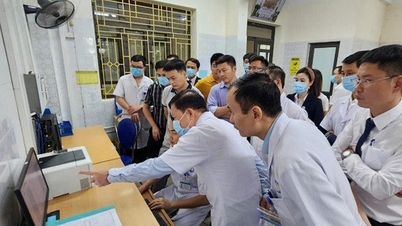



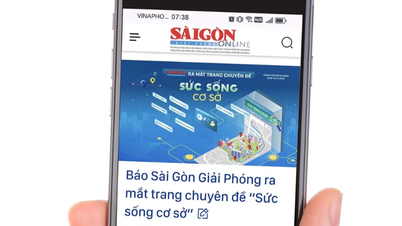

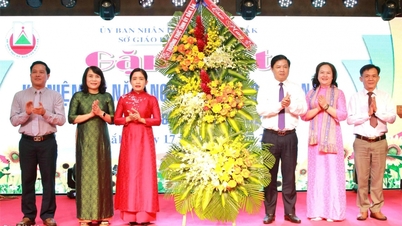

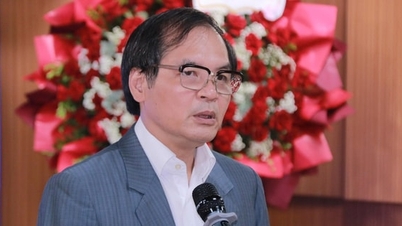

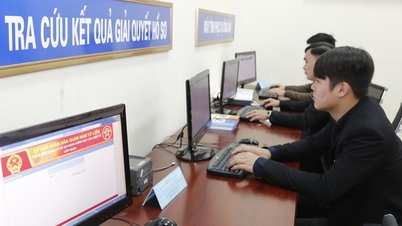


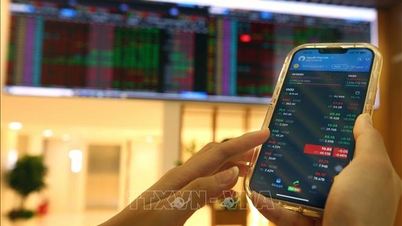
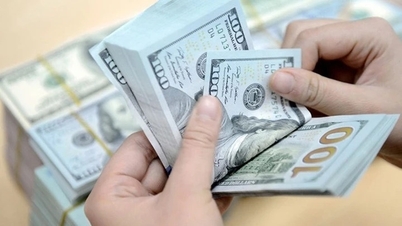

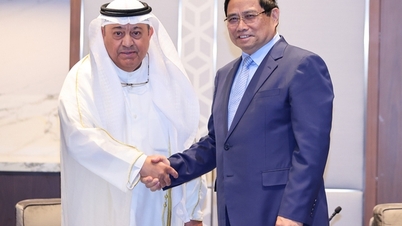
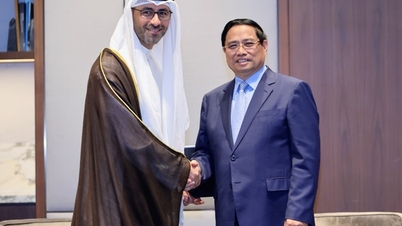






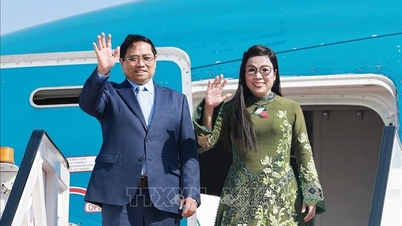
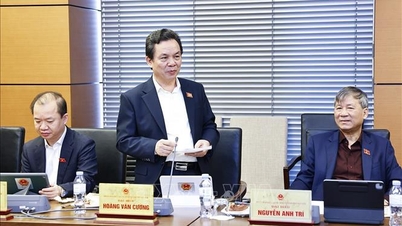


![[Photo] General Secretary To Lam and National Assembly Chairman Tran Thanh Man attend the 80th Anniversary of the Traditional Day of the Vietnamese Inspection Sector](https://vphoto.vietnam.vn/thumb/1200x675/vietnam/resource/IMAGE/2025/11/17/1763356362984_a2-bnd-7940-3561-jpg.webp)




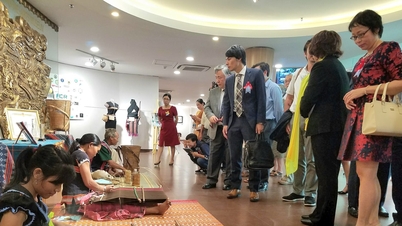







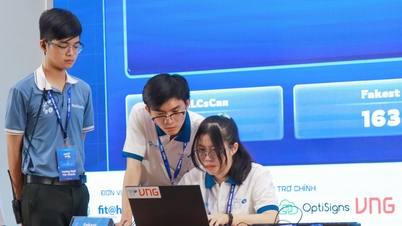


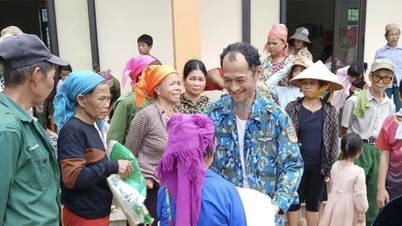












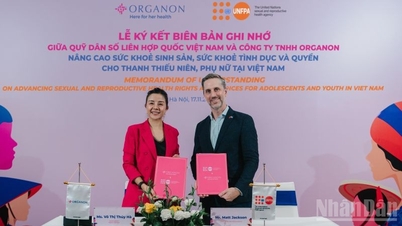









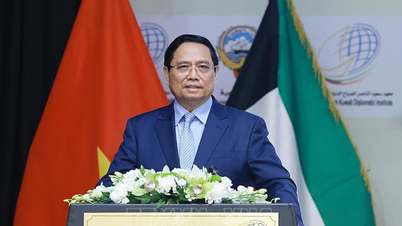
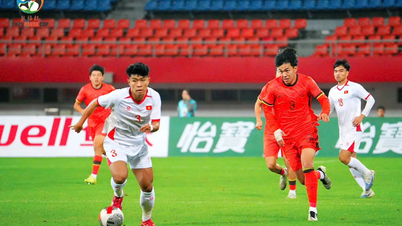














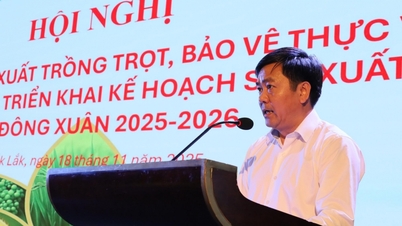
















Comment (0)